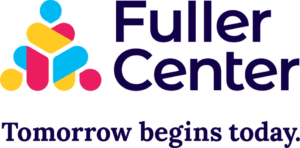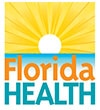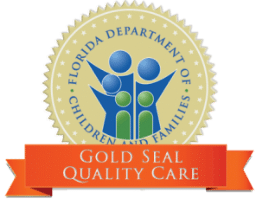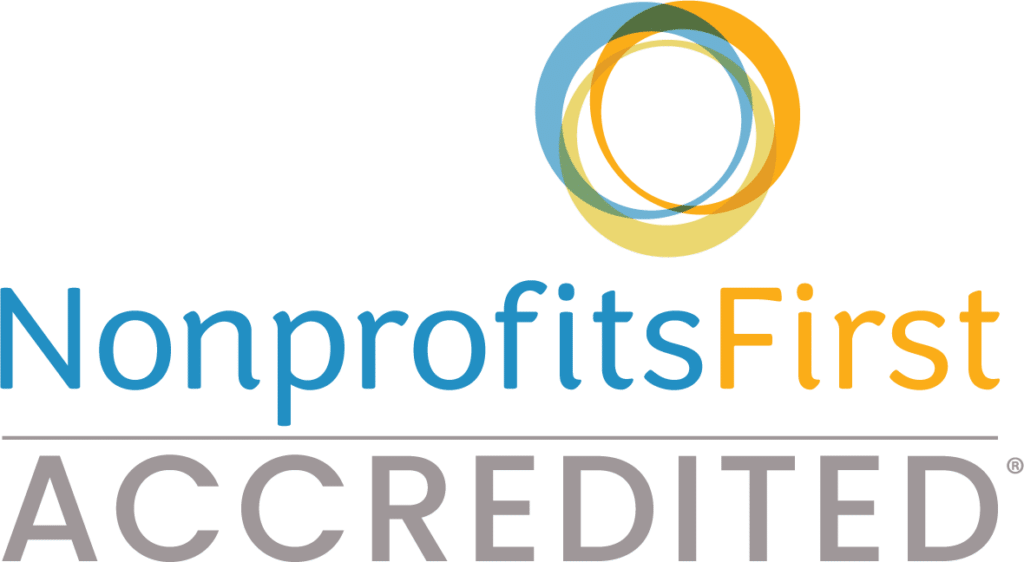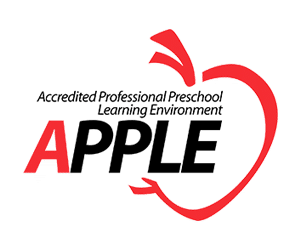Preamble
Fuller Center recognizes that good nutrition and regular physical activity affect the health and well-being of all students. Furthermore, research suggests that there is a positive correlation between a student’s health and well-being and his/her ability to learn. Moreover, schools can play an important role in the developmental process by which students establish their health and nutrition habits by providing nutritious meals and snacks through the schools’ meal programs, supporting the development of good eating habits and promoting increased physical activity both in and out of school.
Fuller Center is committed to creating school environments that promote and protect the overall well-being of all students and staff. The guidelines listed below encourage a comprehensive wellness approach that is sensitive to both individual and community needs.
1. Local School Wellness Policy Leadership
School level
Fuller Center will establish an ongoing Healthy School Team that will meet bi-annually to ensure compliance and to facilitate the implementation of Fuller Center’s wellness policy.
- The Director of Operations, Director of Family Support, Food Service Director, Academy Director and school staff shall have the responsibility to comply with federal and state regulations as they relate to Fuller Center’s wellness policy.
- The Director of Operations will be responsible for establishing the Healthy School Team that will ensure compliance with the policy.
- The Healthy School Team should include, but not be limited to, the following stakeholders: parents, school food service program representatives, school administrators and teachers.
- The Healthy School Team is responsible for:
- Ensuring compliance with federal and state regulations for competitive food and beverage items sold on the school campus (7 CFR 11 and FAC 5P-2.002);
- And reporting its school’s compliance of the regulations to the Director of Operations, the person responsible for ensuring overall compliance with
Fuller Center will review and consider evidence-based strategies and techniques in establishing goals for nutrition promotion and education, physical activity and other school- based activities that promote student wellness to include, at a minimum, a review of Smarter Lunchroom tools and techniques.
2. Nutrition Promotion
Nutrition promotion can positively influence lifelong eating behaviors by creating food environments that encourage healthy choices and encourage participation in the school meal programs.
- Provide a number of on campus locations that students can access useful nutrition
- Increase student awareness of useful nutrition information from brochures, worksheets, handouts and digital content.
- Promote opportunities that allow parents to engage in support of school wellness
3. Nutrition Education
Academic performance and quality of life issues are affected by the choice and availability of nutritious foods in our schools. Healthy foods support student physical growth, brain development, resistance to disease, emotional stability and ability to learn.
- Students receive nutrition education that is interactive and teaches skills they need to adopt age-appropriate healthy eating Classroom lectures, activities and student participation are provided as part of the curriculum. (Example topics include: mindful eating, balanced meals, how to read nutrition facts labels)
- Seminars and monthly newsletters are offered for parents on healthy eating and healthy lifestyles (such as mental health, physical education, balnced diets, ).
- Parents will learn how to read and understand nutrition labels at least once per
- Parents will learn how to purchase healthy foods on a budget at least once per
4. Physical Activity
Fuller Center shall ensure that physical activity is an essential element of each school’s instructional program. The program shall provide the opportunity for all students to develop the skills, knowledge and attitudes necessary to participate in a lifetime of physical activity.
- All students in grades K-5 shall receive a minimum of 150 minutes per week of instructionally relevant physical education.
- All elementary school students will have at least 20 minutes of daily The school will provide space, equipment and an environment conducive to safe and enjoyable play.
- Regular classroom teachers will be encouraged to provide short physical activity breaks between lessons or classes, at least weekly.
5. Other School-Based Activities
Fuller Center will integrate wellness activities across the entire school setting. These initiatives will include nutrition, physical activity and other wellness components so that all efforts work towards the same set of goals and objectives used to promote student well- being, optimal development and strong educational outcomes.
General Guidelines
- The goals outlined by the wellness policy will be considered in planning all school- based activities (such as school events, field trips, and assemblies).
- Afterschool programs will encourage healthy snacking and physical
- Fuller Center shall actively develop and support the engagement of students, families and staff in community health-enhancing activities and events at the school or throughout the community.
- Fuller Center shall be in compliance with drug, alcohol and tobacco-free policies.
Eating Environment
- Students will be provided an adequate amount of time to consume their meal with a minimum of 20 minutes after receiving their food from the line.
- Convenient access to facilities for hand washing and oral hygiene will be available during meal periods.
- Students and staff will be provided a clean environment to enjoy their meal during meal time.
Recycling
- The school shall maximize the reduction of waste by recycling, reusing, and purchasing recycled products.
Employee Wellness
- All staff will be provided with opportunities to participate in physical activities and healthy eating programs that are accessible and free or low-cost.
- Fuller Center will focus on staff wellness issues, identify and distribute wellness resources and perform other functions that support staff wellness in coordination with human resources staff.
Health Services
- The Family Empowerment Team shall provide a program of accessible health services to students and staff and shall include, but not be limited to, violence prevention, school safety, communicable disease prevention, immunizations, child developmental benchmarks, community health referrals, parenting skills, finance, mental health, and first aid/CPR training.
Behavior Management
- Fuller Center is committed to prohibiting the use of food as a reward, unless incorporated into an activity that promotes positive nutrition messages (such as a guest chef or field trip to a farm).
- Teachers and other school personnel will not deny or require physical activity as a means of punishment.
6. Guidelines for All Foods and Beverages Available During the School Day
Fuller Center shall operate and provide food service in accordance with USDA’s National School Lunch Program (NSLP) standards and applicable laws and regulations of the state of Florida. The guidelines for reimbursable school meals shall not be less restrictive than regulations and guidance issued by USDA.
General Guidelines
- All reimbursable meals will meet nutrition standards mandated by USDA, as well as any additional state nutrition standards that go beyond USDA requirements.
- School meals will include a variety of nutrient-dense foods, including whole grains and fiber-rich fruits and vegetables, while accommodating special dietary needs and ethnic and cultural food preferences.
- Free, potable water will be made available to all children during each meal
7. Evaluation and Measurement of the Implementation of the Wellness Policy
Fuller Center wellness committee will update and make modifications to the wellness policy based on the results of the annual review and triennial assessments and/or as local priorities change, community needs change, wellness goals are met, new health information and technology emerges and new federal or state guidance or standards are issued. The wellness policy will be assessed as indicated at least every three years following the triennial assessment.
Triennial Progress Assessments
Fuller Center will assess the local school wellness policy to measure wellness policy compliance at least once every three years. This assessment will measure the implementation of the local school wellness policy, and include:
- The extent to which Fuller Center is in compliance with the local school wellness policy;
- The extent to which the local school wellness policy compares to model local school wellness policies; and
- A description of the progress made in attaining the goals of the local school wellness
8. Informing the Public
Fuller Center will ensure that the wellness policy and most recent triennial assessment are always available to the public. Fuller Center will also actively notify households on an annual basis about any updates made to the wellness policy and the availability of the triennial assessment results, as well as provide information to the community about the school nutrition environment.
- Fuller Center will ensure the most updated version of the wellness policy and triennial assessments are always available on the school website for the public to
- Fuller Center will present wellness policy updates, as applicable, during meetings with parents, the health and wellness committee and other interested groups or
- Wellness updates will be provided to students, parents and staff, as applicable, in the form of handouts and on the Fuller Center website to ensure that the community is informed, and that public input is encouraged.
- Fuller Center will provide all parents with a complete copy of the local school wellness policy at the beginning of the school year.
9. Community Involvement
Fuller Center is committed to being responsive to community input, which begins with awareness of the wellness policy.
- Fuller Center will consider student needs in planning for a healthy nutrition environment. Students will be asked for input and feedback using surveys and attention will be given to their comments.
- Fuller Center will use electronic mechanisms, such as email or displaying notices on Fuller Center’s website, as well as non-electronic mechanisms, such as newsletters, presentations to parents or sending information home to parents, to ensure that all families are actively notified of any updates to the wellness policy, as well as how to get involved and support the policy.
Record Keeping
Records to document compliance with the requirements of the local school wellness policy will include, but are not limited to the following:
- The written local school wellness policy;
- Documentation demonstrating compliance with the local school wellness policy and triennial assessments available to the public as consistent with the section on informing and updating the public; and
- Documentation of the triennial assessment of the local school wellness
This institution is an equal opportunity provider.
Plan created 7-2021
Plan reviewed and updated 1-2024

